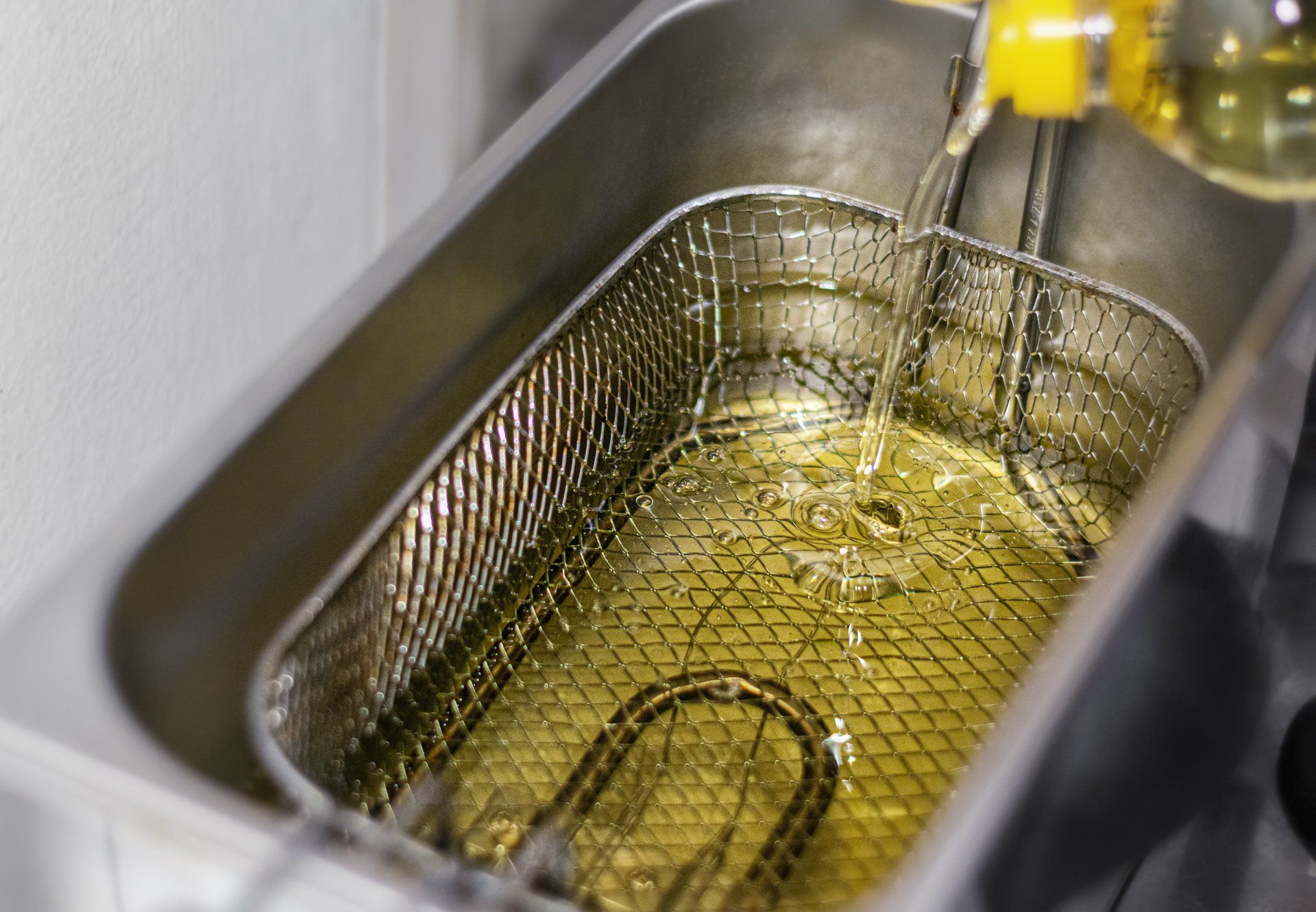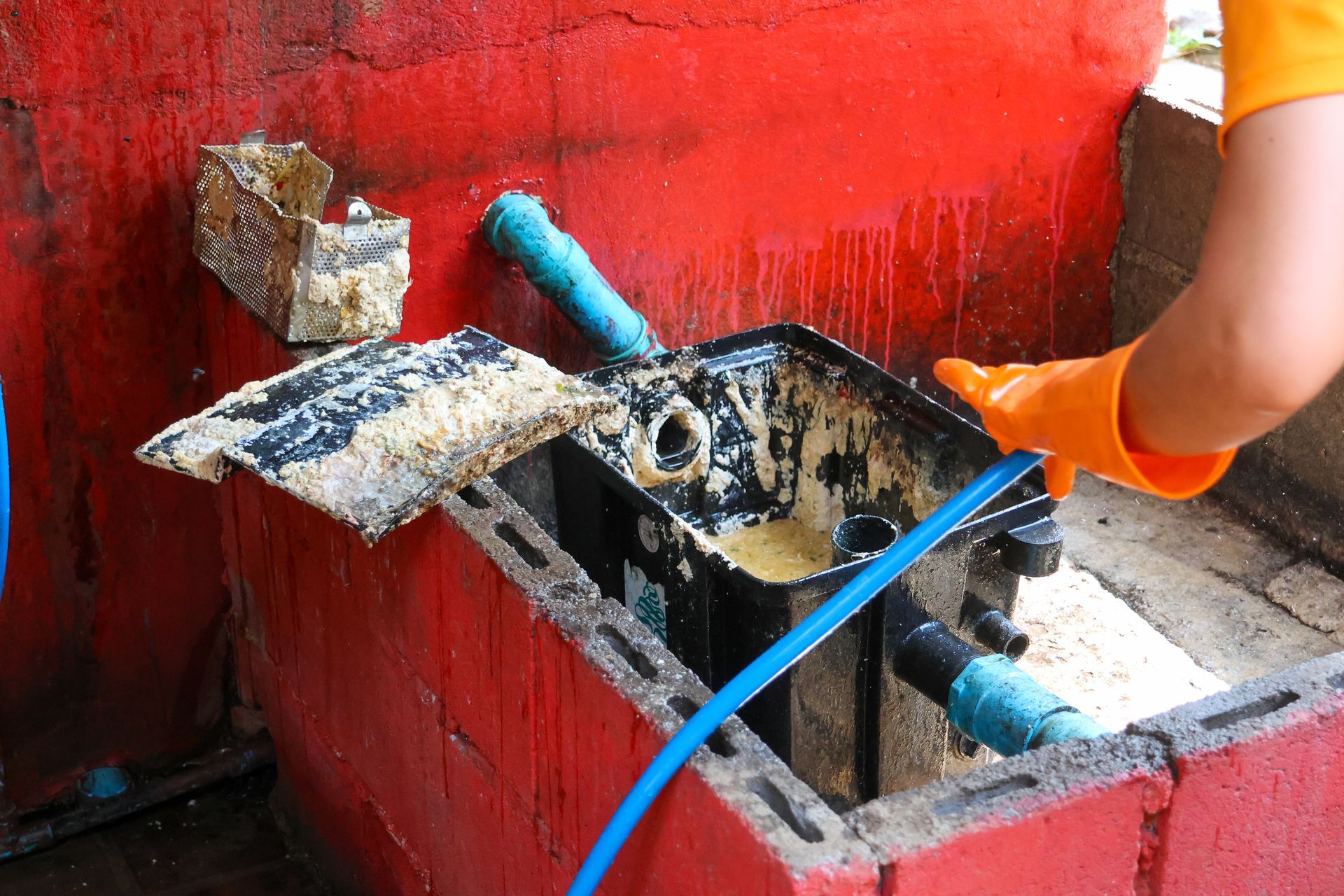How FOG Can Benefit Our Environment and What We Can Do to Help

Fats, oils and grease (FOG) are an ever-present threat to Atlanta’s wastewater and sewage systems. This hidden hazard can cause hefty clogs and costly sewer line damage that can compromise the city’s underground infrastructure, homes and businesses.
Food service businesses are the number one potential contributor to FOG in our pipes and sewers. Restaurants and commercial kitchens add to the problem when they fail to adhere to responsible grease trap maintenance and cleaning schedules. Once FOG enters a pipe, it cools, congeals and sticks to the walls — creating a sticky landing pad for passing food particles and waste.
Over time, FOG and non-biodegradable materials form what’s called a “fatberg” in sewage pipes. Fatbergs can become so large and fixed to pipe walls that they can clog an entire neighborhood’s sewage system (and even overflow into streets and waterways).
This is why it’s so important to keep Atlanta’s pipes as clean as possible. Every business and homeowner shares in the responsibility, and you can contribute by properly disposing of FOG.
Can FOG Be Turned into Biofuel?
FOG is not only damaging to sewer lines, but it can also be incredibly harmful to the environment. Scientists have discovered that we can keep FOG out sewers, waterways and landfills by recycling it into eco-friendly biofuel. Fatbergs formed by FOG and other materials found in sewers can be heated, broken down and separated into clean, renewable energy (A.K.A. biofuel or biodiesel).
This is done by heating FOG anywhere from 194 to 230 degrees Fahrenheit to melt the fat. The next step is to dissolve organic matter and release fatty acids by adding hydrogen peroxide. The fatty acids are then broken down over time by growing bacteria. That bacterium produces methane which is the main component of natural gas.
Biofuel can be used for several different purposes:
- Transportation
- Heating
- Electricity or power generation
- Grease and oil spill clean up
- Paint removal
- Power and charge electronics
What Are the Benefits of Turning FOG into Biofuel?
- Produces cleaner fuel compared to fossil fuels
- Creates a process that’s much safer for the environment
- Minimizes FOG in landfills
- Reduces blockages in pipes and sewer systems
Can Grease Traps Reduce FOG?
Atlanta enforces strict grease trap requirements for businesses operating in the food service industry. These protocols and regulations aim to minimize the impact commercial kitchens and restaurants have on our sewers. Clean and properly functioning grease traps catch FOG and separate it from wastewater to prevent harmful grease and fat from reaching the city’s sewer system.
Keeping a grease trap clean and well-maintained is key to avoiding plumbing nightmares that could shut a kitchen down for expensive repairs. Routine grease trap cleaning is a mandatory aspect of running any restaurant or café in Atlanta and beyond.
How Can We Prevent FOG Damage to our Pipes and Sewers?
- When you’re cooking at home, store all grease in leak-proof containers and discard them in the trash when completely congealed
- Minimize the use of garbage disposals
- Never pour grease or cooking oil down the drain
- Wipe grease out of pots and pans with a paper towel before washing
- Install grease traps in commercial kitchens
- Clean floormats in a mop sink where wastewater properly drains into grease traps
Schedule Your Grease Trap Cleaning with Southern Green
Atlanta business owners can trust Southern Green Industries for all their grease trap cleaning and fryer oil recycling needs. We play a key role in keeping commercial kitchens up to code and in compliance with Georgia’s state laws and regulations.
Contact Southern Green to get a free quote. You can learn about the benefits of our grease trap cleaning services by calling (404) 419-6887.
Recent Blog Posts
Contact us Today for a FREE Quote
We are committed to making grease trap cleaning and fryer oil recycling as clean and easy as possible. If you’d like to learn more about our services or get a quote, give us a call at (404) 419-6887.



